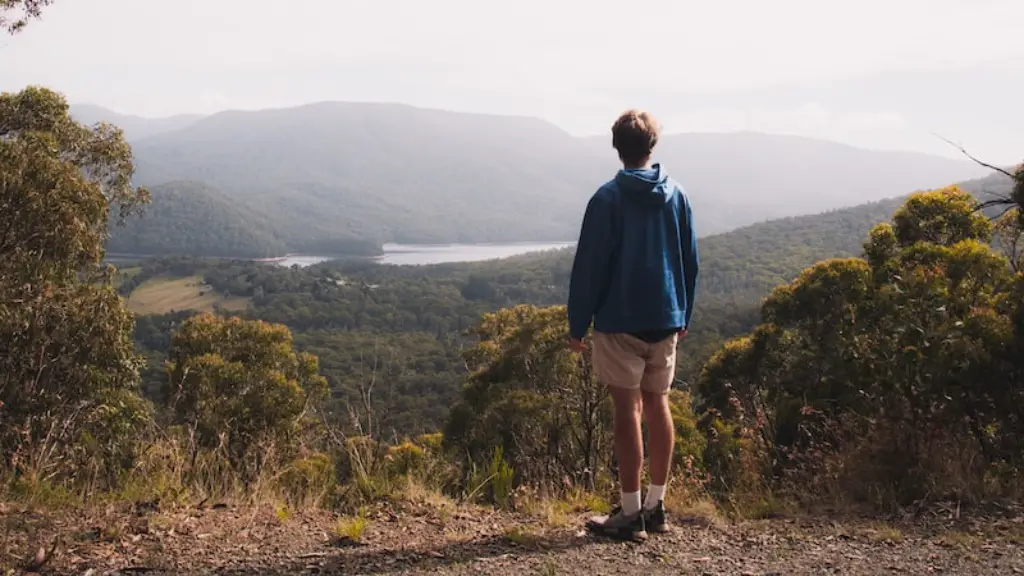Climate change appears more and more in public discourse, but why do some people remain unconvinced of the effects of global warming? Many skeptics point to natural climate change, assuming that any modern temperature changes are simply part of a natural cycle. Further complicating the situation, it has been challenging for scientists to prove beyond doubt that human activities like burning fossil fuels drive climate change. Nevertheless, hundreds of them have done peer-reviewed scientific research and overwhelmingly agree that it is happening and that human actions are partly to blame.
One of the main questions that drives skepticism is why global warming is happening now and not sooner or later. Part of the answer lies in the nature of scientific research: it is an iterative process that progresses in small steps over time. Even the most rigorous studies may not be able to prove or disprove the causes behind global warming with 100% certainty. Therefore, it is still up to the public to trust the expertise of the scientific community.
Another cause of skepticism could be personal economic and political concerns stemming from the technology used to reduce emissions. This may lead to people falling victim to the “greenwashing” tactics of large corporations and focusing solely on the short-term costs of mitigating climate change, instead of considering the long-term benefits of sustainability. It is also worth noting that skeptics are particularly vocal in the US, where money and politics often determine the direction of the debate.
One of the most dangerous aspects of skepticism, however, is the potential for it to obscure other arguments that can be made in favor of action against global warming. Even if we do not believe that human activities are responsible for climate change, there are still legitimate, scientific arguments for investing in green technology. Many researchers are instead focusing on the benefits of reducing emissions, such as the improved air quality, the decreased cost of energy and the better health of populations who live in polluted areas.
Ultimately, science is still in the process of exploring the causes and effects of global warming, and not all aspects of this complex issue can be proven beyond doubt. Thus, it is important to remain open-minded and support the continuous effort to understand climate change and what measures can be taken to help fight it. We need to consider both the science and the stories of people affected by climate change in order to move forward and develop sustainable, long-term strategies for a more resilient future.

